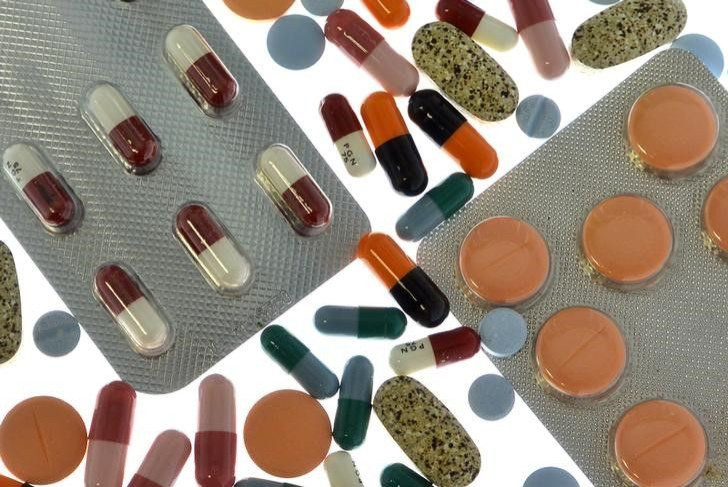U.S. Prescription Drug Spending To Hit $400 Billion A Year By 2020: IMS

U.S. annual spending on prescription medicines will increase 22 percent over the next five years, climbing as high as $400 billion in 2020, according to a report released by health care information company IMS Health Holdings Inc on Thursday.
Those figures, which take into account anticipated discounts, rebates and other price concessions that have become common, represent an annual growth rate of 4 percent to 7 percent through 2020, according to the report.
Using wholesale prices, IMS sees U.S. spending rising 46 percent to as high as $640 billion in 2020.
As politicians, including U.S. Democratic presidential front-runner Hillary Clinton, call for drugmakers to rein in price increases, spending on prescription drugs is expected to grow at a faster rate through 2020 than over the past five years, although slower than for 2014-2015, when introduction of new hepatitis C cures fueled a spike in spending.
The average net price increase for branded drugs was just 2.8 percent in 2015, according to IMS, versus 12.4 percent using wholesale prices.
"That reflects the new dynamics in the marketplace, where we have heightened competition in several major therapy areas, including diabetes, with manufacturers taking price concessions through rebates," said Murray Aitken, executive director of IMS Institute for Healthcare Informatics, which produced the report.
It also reflects more aggressive tactics by pharmacy benefit managers and health insurers to restrict access to certain drugs unless manufacturers agree to hefty discounts, he said.
Research pipelines filled with innovative medicines should ensure a high number of new drug launches by 2020, led by expensive cancer treatments.
U.S. oncology drug spending reached $39.1 billion in 2015, an 18-percent jump, while treatments for autoimmune diseases, such as rheumatoid arthritis, rose nearly 29 percent to $30.2 billion.
"Our spending on those drugs will be relatively high but still manageable ... because they will be offset by more modest price increases for branded drugs and a rising level of savings from drugs losing patent protection," Aitken said.
Upcoming high-profile patent expirations include AstraZeneca's Crestor and Pfizer Inc's Lyrica and Viagra. By 2020, there will also be increased competition from cheaper versions of pricey biotech medicines, known as biosimilars. The U.S. Food and Drug Administration has so far approved two biosimilars, with many more in development.
In 2015, generic drugs, including off-patent medicines still sold under brand names, accounted for nearly 89 percent of all prescriptions filled, IMS reported.
(Reporting by Bill Berkrot; Editing by Bill Rigby)



























